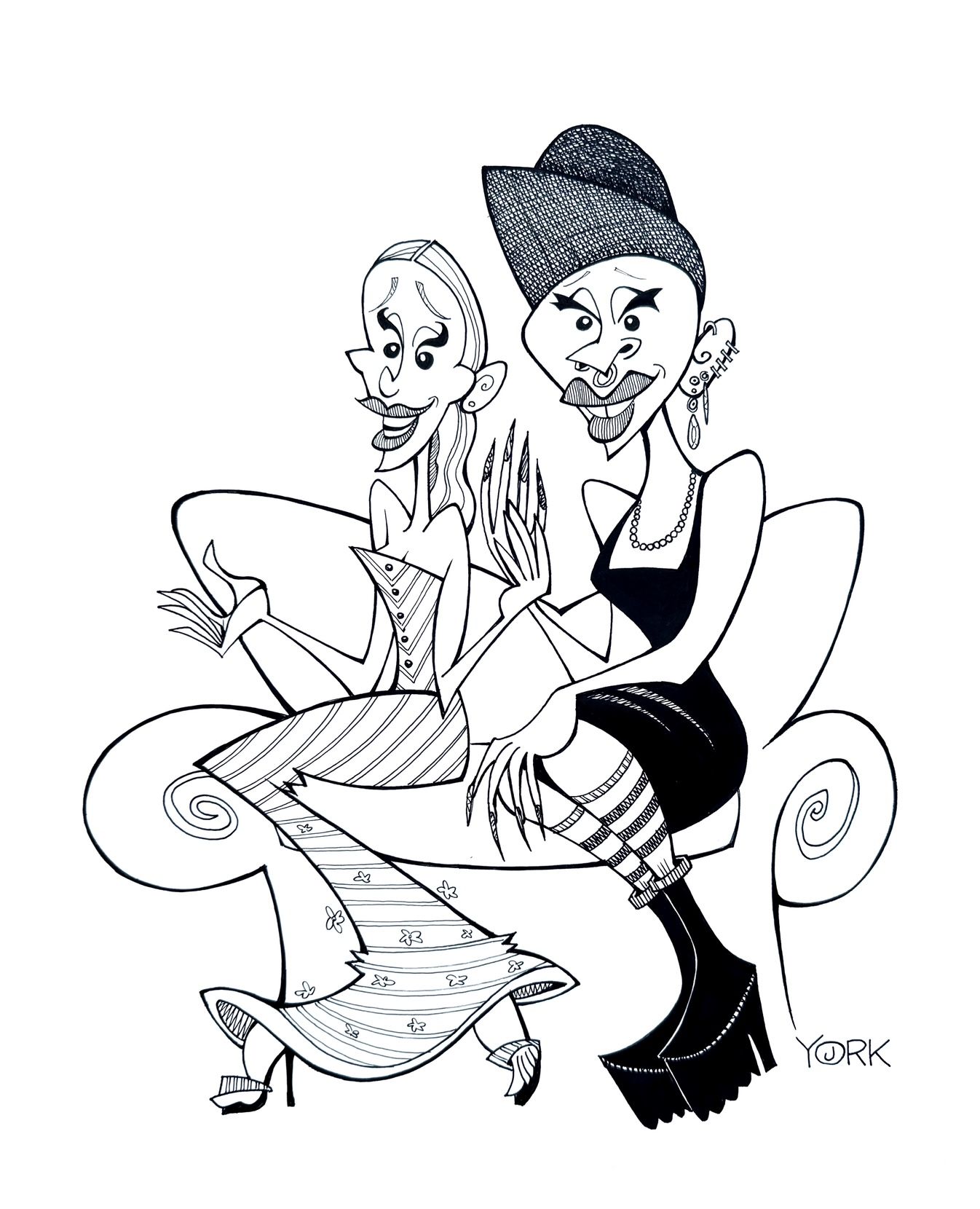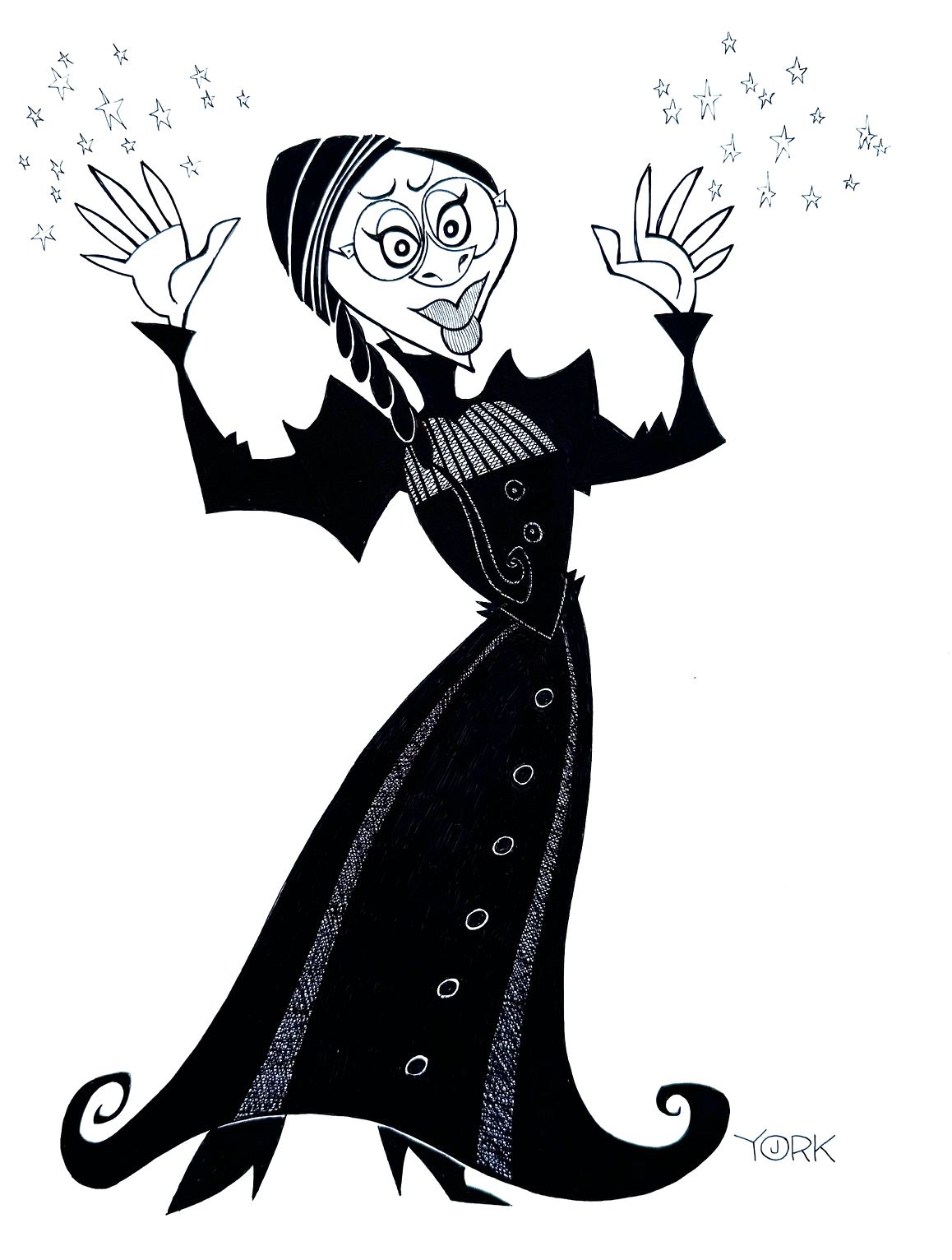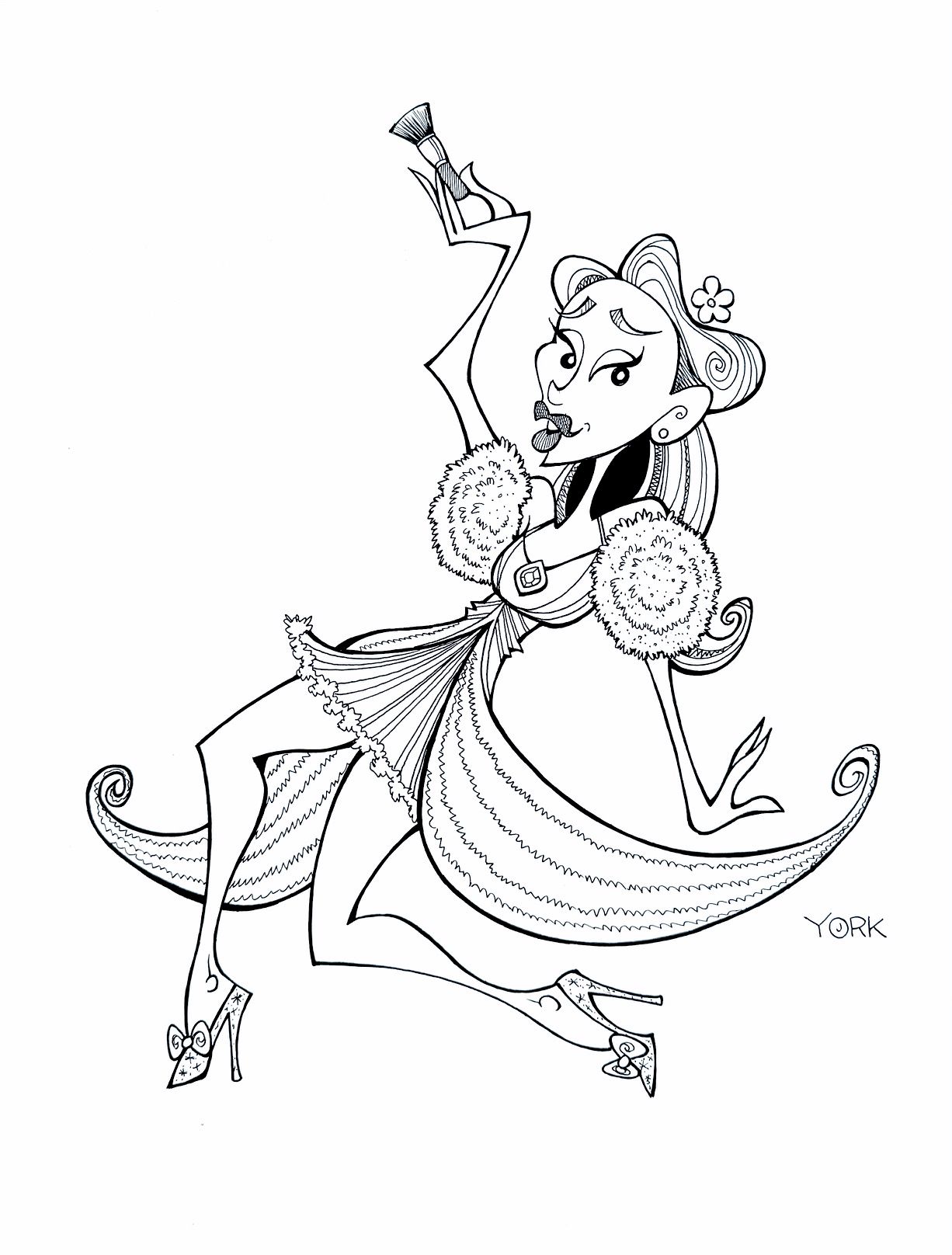
Why Wicked Works
Before the movie version of the Broadway smash Wicked opened on November 22 of this year, most of Hollywood held its collective breath, asking questions that showed worry if not outright dread about how the screen adaptation might land.
“Will it be an adaptation like the sublime Chicago or the sub-par Nine?
“Can Ariana Grande pull off the vocals of Glinda?”
“Did the director bite off more than he could Chu?”
Now, all the hand wringers, pearl clutchers, pundits, and punsters have been vanquished as Wicked is a $455-million-dollar smash after just 17 days in the theater (as of this writing). It’s a critics darling too and has started to collect all kinds of trophies, including Best Picture by the National Board of Review. And, according to the Hollywood Reporter, it’s even emerging as the film to beat for Best Picture at the upcoming Oscars ceremony.
Oh, and Grande has people lining up to work with her and is currently the odds-on favorite to take Best Supporting Actress, so take that, Amanda Seyfried fans. The world also seems to quickly becoming the oyster for star Cynthia Erivo and director John M. Chu as well.
So, how did Wicked become such a phenom and succeed so spectacularly with critics and audiences, holding at 89% and 96% certified fresh on RottenTomatoes.com, respectively?
I believe there are five key reasons for its unparalleled success as the Broadway to Cineplex adaptation that has now made the most money in the history of such thing. Additionally, each of the reasons for the film’s success are terrific lessons to keep in mind for anyone considering adapting a well-established property, trying to create movie magic, or even wondering what an inspired marketing campaign looks like in our modern times.
Here, then, are those five attributes that made the success of Wicked seem so …unlimited:
THEY LOVINGLY HONORED THE I.P.
An edgier filmmaker might have tried to incorporate more of author Gregory Maguire’s book, Wicked, from which the Broadway musical was itself adapted. Maguire’s prose was much more adult, darker, and quite nasty. (Elphaba has razor-sharp teeth, for heaven’s sake!) Instead, director John M. Chu kept most of Winnie Holtzman’s book for the musical intact, even hiring her (and Dana Fox) to write the screenplay adaptation. He also kept most of the songs in place, the tone consistent to that on stage, and ended his part one with the exact ending of the Broadway show before intermission.
Sometimes, film versions of Broadway musicals are reinvented for the big screen, like what Bob Fosse did with his 1972 cinematic take on Cabaret. Fosse dropped the entire secondary storyline between Fraulein Schneider and Herr Schultz to concentrate on the primary love affair between Cliff Bradshaw and Sally Bowles. (The lead male character was changed to “Brian Roberts” for the film.)
Chu didn’t deviate so dramatically in bringing his musical to the screen. And most names stayed the same, too. Instead, Chu respected the intellectual property (I.P.) so profoundly that no one has uttered a word about how this or that was left out of the adaptation. He probably figured why anyone would be so arrogant as to rip asunder what’s worked so well for 21 years and sell-out performances no matter the day or time.

THE FILMMAKERS UNDERSTOOD INTIMACY
Where Chu was truly brilliant as a director was in his innate understanding of the intimacy of film. It’s a close-up medium, unlike the stage, so he ensured that every performance was calculated to stay true to their characters as written, but not ever become too big for the big screen.
Director Susan Stroman wholly botched her 2005 adaptation of her stage musical The Producers by having the cast pitch their performances to the balcony. The mugging of Nathan Lane and Gary Beach played brilliantly on stage but felt far too excessive in all their close-ups on film. And even though the show is a broad farce, it was all too broad for the intimacy of movies.
That was not the case with Chu’s direction of Wicked. He even directed Erivo to play Elphaba as less of a neurotic unaccepted by her peers, and more of a confident woman who cannot garner the acceptance of her peers. It’s a significant difference in approach as well, making Elphaba far more of a heroine from the get-go, albeit one is simply isn’t "seen."
HOLY HECK, CAN THOSE STARS SING
Russell Crowe might’ve seemed like a good idea on paper to play the sinister Javert in the big screen adaptation of Les Miserables, but his reedy, rock-n-roller sound didn’t mesh with the more theatrically-minded score. And make no mistake, the singing in Wicked is not only theatrical, but both Elphaba and Glinda sing up and down the scales, often hitting the fourth octave like a pair of opera singers. Skeptics never questioned whether Erivo could hit the highest notes, but they did kvetch about whether pop star Grande had the pipes to.
Well, the 31-year-old icon proved them all wrong by delivering not only a superb acting performance, but an equally impressive vocal range as well. Grande trained operatically for the part to deliver the coloratura soprano necessary, and she knocks audiences socks off just two minutes into the film with her trills in “Know One Mourns the Wicked.”
BTW, the other stars sang well, too—even Michelle Yeoh, who mostly talk/sings her part in her one number with Erivo entitled “The Wizard and I.” She may not be a great singer, but she is on key and that is quite impressive.
BOY, DOES IT PLAY TODAY
When Wicked came out, Elphaba clearly was meant to represent anyone on the outside looking in, be they Jewish, artsy, LGBTQ, or atheist. Today, by casting Erivo, the marginalization of women of color comes through even clearer and, in some respects, her Elphaba character could almost be seen as Kamala-adjacent in her fraught attempts to take on the patriarchy.
Additionally, Glinda’s line about ‘great communicators’ in her “Popular” ditty was seen as a direct lampooning of Reagan and his famed moniker back in the early 2000’s. Today, it’s not too difficult to see how the material indicts our President-elect, especially since Trump has made a cottage industry about demonizing the other as enemies of the people. Wicked was always going to play as a little guy vs. the establishment, but in post-election 2024, the gravity of that idea feels even heavier.

THE JUNKET WAS A SHOW INTO ITSELF
Wicked is about friendship, and that theme was underlined by its wholly friendly leads in every interview they gave to hawk the film. Erivo and Grande aced the interview circuit, attended all of the big premiere events together, and demonstrated their sisterhood in fashion-forward frocks as well. Their interviews during the junket were chock of fun, laughter, tears, and so much hand-holding, people wondered if the two actresses might have been more than friends. Likely not, but nonetheless, all such chatter might have helped their press stand out all the more.
The bond between Erivo and Grande was spectacular and special, truly entertaining, and even moving. Wicked meant the world to them, and they’re wowed by it themselves. It didn’t hurt either that all of their clips went viral everywhere and have dominated TikTok for weeks.
Interestingly, the entire marketing efforts of the Universal team for Wicked were extraordinary, some of the best ever for a film that this veteran of the ad world has seen in his 35 years in the trade. From color-coated candy offerings in the AMC concession stand to various forms of toys, costumes, colognes, and other souvenirs, Wicked was omnipresent these past weeks. Outside of the website goof, the efforts were never crass and added exponentially to the fun. (How did the URL Wicked.com show up on those doll boxes when any such internet address is vetted by teams of dozens? Egads!)
The bottom-line is that Wicked is a film that did almost everything brilliantly. It’s easily one of the best stage to screen adaptations ever. It honored the original Broadway show as well as the essence of Gregory Maguire’s tolerance message. And the artists involved are at the zenith of their powers, from the costumer to the choreographer to the cinematographer. The accomplishments are even more impressive knowing how often Hollywood screws up such things. (The film adaptation of Cats, anyone?)
The expectations of Wicked were sky-high, and yet somehow it soared even higher, dare I say, defying all sorts of gravity.
*Images created by Jeff York

